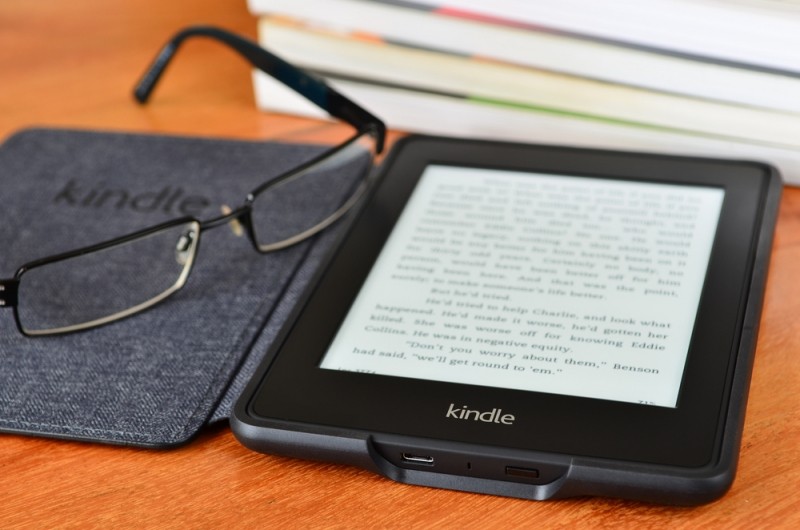
The old publishing cliché that it doesn't matter how many people read a book, it matters how many people buy a book is about to be thrown out - at least at Amazon. In a recent announcement the company says that beginning July 1 they will switch from paying some authors based on how many downloads their book has, to paying per pages read.
This change overturns the standard publishing model and is a step into the unknown for Amazon and authors alike. For authors, many of them self-published, the impact is limited to those using Kindle Unlimited and Kindle Owners' Lending Library, and they have the choice of opting out.
The burning question: How will Amazon determine what a page read means? They've developed the Kindle Edition Normalized Page Count (KENPC) to streamline the process. KENPC is meant to work while taking into account different genres and font settings. No, an author can't widen margins or increase the font size and "create" more pages to read. Non-text elements on the page, like graphs or photos, will count toward the KENPC.
If a reader stops to think about this change, some questions will arise. Does this encourage writing that lives and dies on the cliffhanger or tease? What will the difference in pay be when the switch happens? In our heyday of short attention spans, should we even be surprised by this development?
The likely answer is that this won't impact the day-to-day experience of consumers much... but it will inform writers and publishers that the old way of doing things is ready to be challenged.
Image credit: SGM / Shutterstock.com
https://www.techspot.com/news/61061-did-you-finish-book-amazon-new-payment-system.html